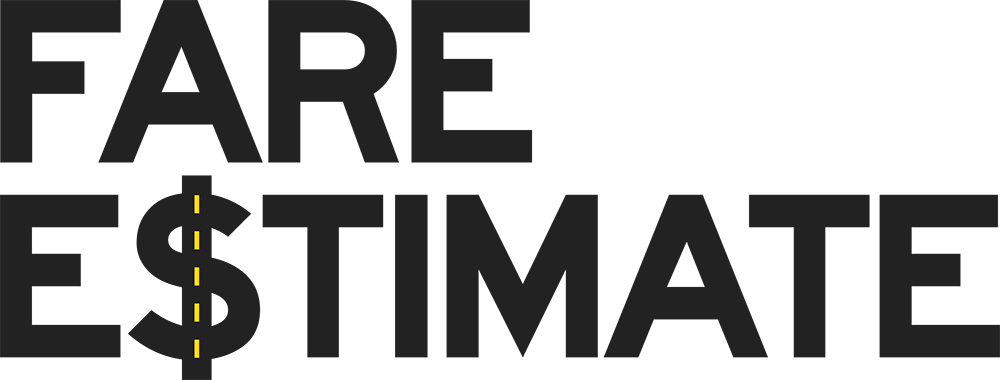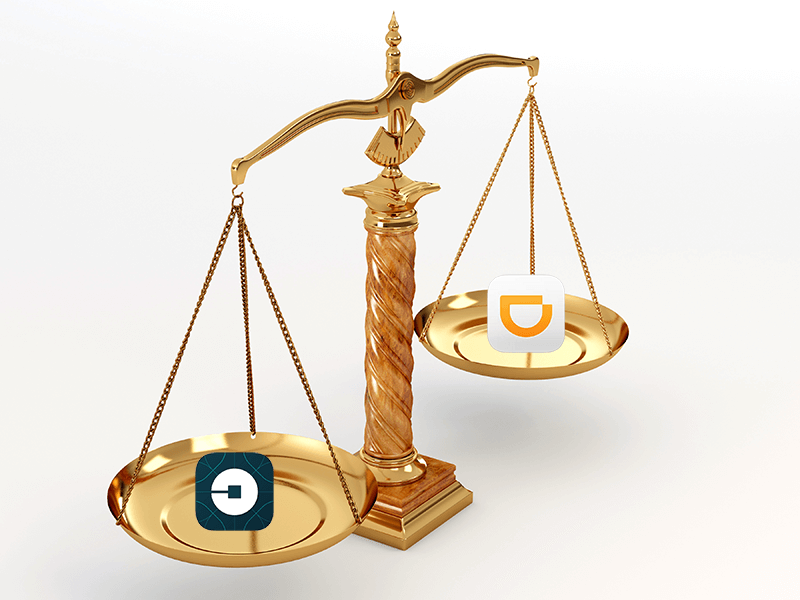Didi Chuxing, the Chinese ride-hailing giant, announced this week that it had closed its latest funding round with an eye-popping $7.3 billion. Following on the heels of Uber’s announcement that it was getting $3.5 billion from Saudi Arabia, it’s safe to say that the two companies are waging a battle of the corporate coffers as they compete for dominance in China. And so it seems like a good time to look back at how the two companies came to be so flush with cash.
Today Uber is worth an estimated $68 billion, while Didi has a reported valuation of $28 billion. The companies, of course, have different ambitions. Uber has expanded to more than 200 cities worldwide, while Didi is focused on the one, albeit massive, market in China; at the same time, the company has launched partnerships with Uber’s rivals elsewhere, including Lyft in the United States.
It’s easy to forget there was a time not long ago when Uber was a fledgling start-up trying to sell investors on the idea that an app-based private car service was the answer to San Francisco’s traffic woes. The company barely broke the $1 million mark in an early investment round in 2010, with angel investor First Round ponying up $500,000.
But Uber’s fortunes soon changed, as the ride-hailing concept gained traction and the company’s hard-charging CEO, Travis Kalanick, moved to expand Uber around the country and the world.
Uber Fundraising History
In August 2013, Uber’s valuation hit $.3.5 billion, thanks to a record funding round led by Google Ventures, the search giant’s investment arm.
The next year, Uber had its largest single haul to date, taking in $1.4 billion, led by Fidelity Investments. By the end of 2014, Uber would raise another $1.2 billion, and would be valued at $40 billion, a shocking feat that cemented the company’s status as the giant amid the growing field of ride-hailing competitors.
Uber continued to raise substantial sums, if in less jaw-dropping quantities. Issues of Class E and F stock netted several billion dollars more, with investments from Microsoft Corp. and Baidu, the Chinese internet search and web services company. By July 2015, the company’s estimated worth topped $50 billion.
Since then, investment in Uber has come primarily in the form of private equity. Earlier this month it received its largest single investment, $3.5 billion from Saudi Arabia’s Public Investment Fund, bringing the company’s valuation to $68 billion. The company is said to be seeking another $2 billion in loans.
Didi Chuxing Fundraising History
Didi, by contrast, started slow in raising cash, relying primarily on China-focused venture capital firms to raise just $18 million by late 2013, according to CrunchBase.
But Didi’s fortunes began to rise soon thereafter, as the native Chinese company appeared to be better positioned than Uber to negotiate the complexities of expanding ride-hailing in the most populous country in the world. Didi announced that it raised $2 billion in private equity funding in July 2015. And then, earlier this month, came the $4.5 billion stake bought by Apple. Together with investments from China Life, the largest insurance company in Asia, and a $2.5 billion loan from China Merchants Bank, Didi posted a funding round that topped $7 billion — a feat unmatched by Uber in its short history.

